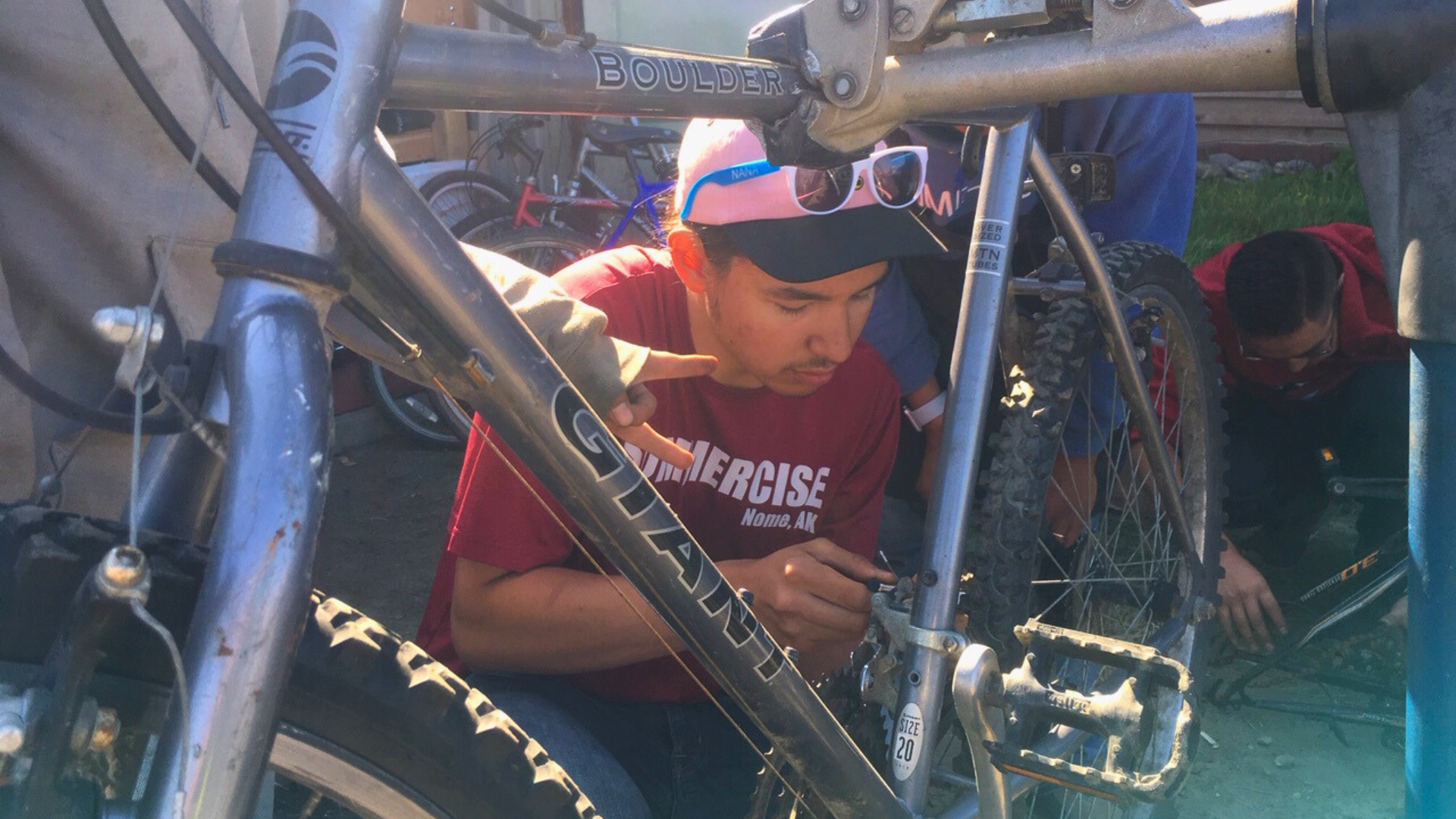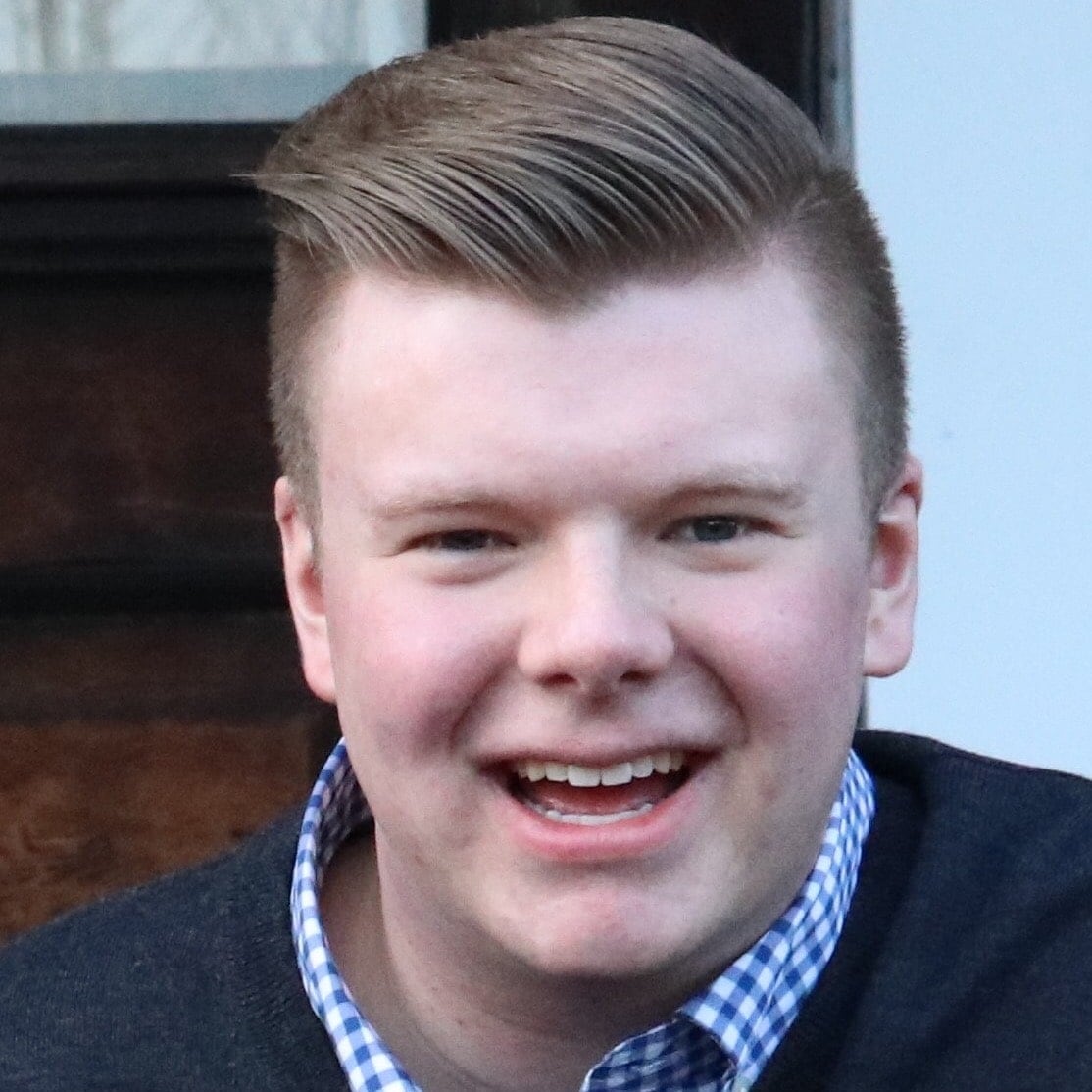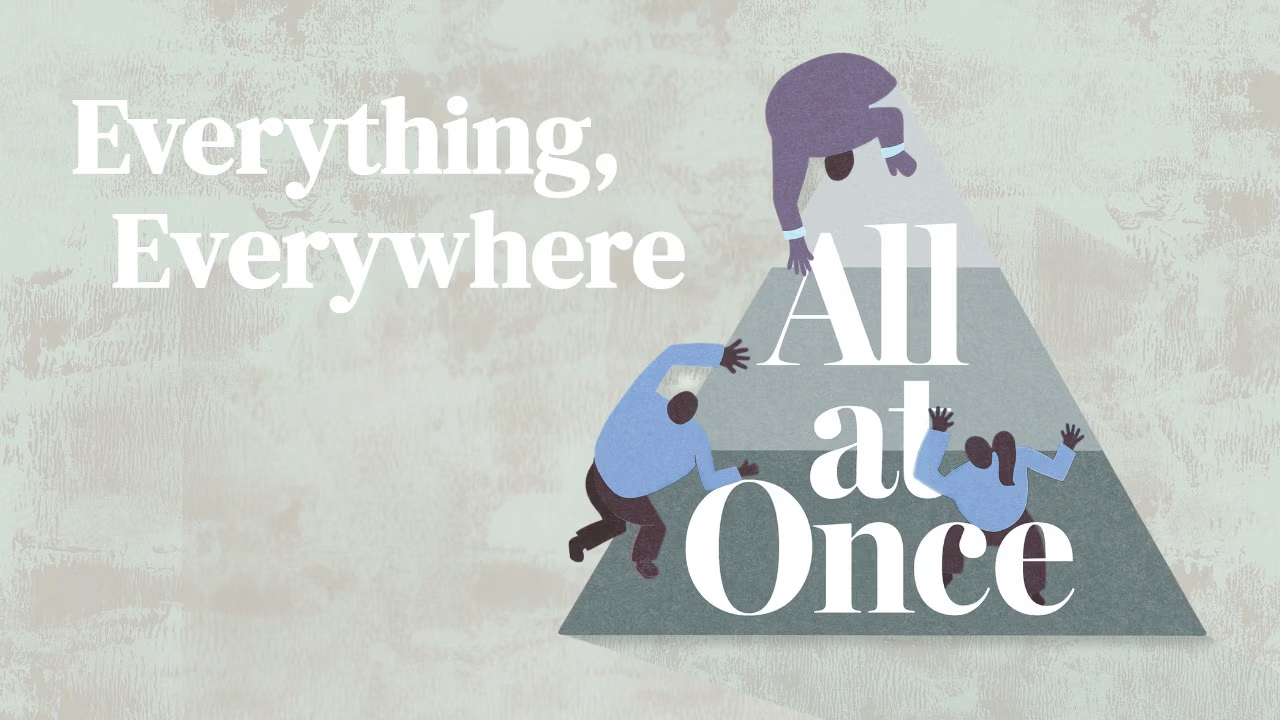Like many of us, the youth of Nome, Alaska, enjoy riding their bicycles during the warmer months. In addition to the health benefits and freedom of movement, bikes serve as an essential means of transportation. Goods shipped to Nome, including vehicles, are charged barge fees, which puts the price of a car beyond the means of many families. Many families either share one car or do not own one at all. As a result, many houses in Nome do not have garages. While some families use sheds or shipping containers for storage, often bicycles are left outside.
“A lot of bikes and other outdoor gear are exposed to five to six months of snow, the slush of spring thaw, and the summer rains outside in salt air and the ocean a few blocks away,” says Pastor James Ventress, who works with Covenant Youth of Alaska and serves as the associate pastor for youth ministries at Nome Covenant Church. “Rust and fine beach dust are the enemies of everything mechanical in this climate, seizing bike chains, brakes, and shifters. Dust destroys the ball bearings in pedals, cranks, wheel hubs, and steering columns.”
Ventress’s journey to Nome is a story in and of itself. After growing up in California, he joined the US Coast Guard and served on a Polar-Class Icebreaker, where he first traveled to Alaska. “After technical training, I asked to be sent to a shore facility in Ketchikan so I could experience one community for a few years. I fell in love with Alaska and her people, especially the Inupiaq people of Utqiagvik (formerly Barrow) and Nome, and the Tlingit, Haida, and Tsimshian in Ketchikan.”
After the Coast Guard, Ventress attended Moody Bible Institute in Chicago with the intention of becoming a missionary. He and his wife, Rachel, attended North Park Covenant Church while trying to decide where they were being called. After becoming acquainted with Byron Bruckner, the founder and director of Covenant Youth of Alaska, James and Rachel decided to relocate to Alaska. They have served in the Mat-Su Valley and now in Nome.
Ventress has also served as the director of Nome Covenant’s Checkpoint Youth Center since it opened in 2014. Checkpoint serves junior and senior high school students, many of whom come from Alaska Native communities. The center offers warm meals, tutoring, games, fellowship, Bible presentations, and worship services.
“Knowing the circumstances of the youth we hope to serve, Checkpoint was inspired by the stories of the Good Samaritan, the marriage feast, and David bringing Mephibosheth to his table,” says Ventress. “As servants sent to make sure the feast is well attended, we invite all teens who desire to come to eat at the King’s table three evenings a week while we walk with them through an often difficult and traumatic adolescence to adulthood.”
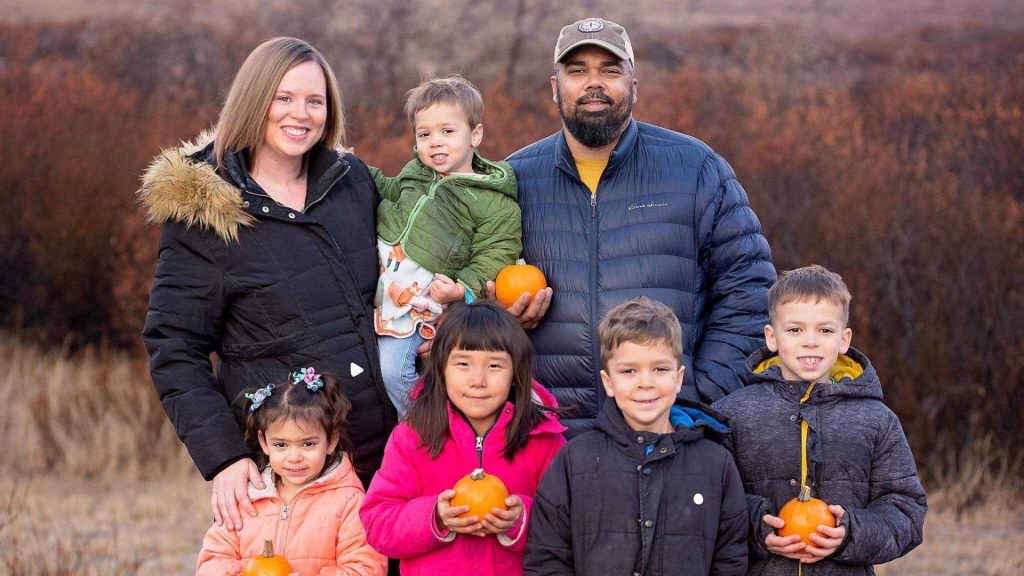
When Ventress found himself helping youth with minor bike repairs at Checkpoint events, he sensed an opportunity. He began offering community bike repair workshops with the assistance of a parent who had experience working with bikes.
The workshops received overwhelmingly positive feedback. As Ventress continued helping Checkpoint youth and Nome residents repair their bikes, various tools and spare parts began to accumulate. Soon he began to envision a community bike shop where Nome residents could use the spare parts and repair their bikes for free.
But they needed more space. So Ventress found a retired shipping container the shop could call home. Checkpoint’s bike shop was launched through a combination of donations, nonprofit grants, and salvaged parts. Nome Covenant recently included the bike shop program in their budget, and generous donors help. Unlike a traditional store with set hours, employees, and posted fees, the shop operates under a “we’ll help you fix your bike” mindset. While there’s never a charge, Ventress accepts donations, which he funnels back into purchasing supplies for the shop.
“I like to joke that we’re the worst bike shop in the Northern Hemisphere,” he chuckles, “because from a business standpoint, this makes absolutely no sense.”
Ventress posts on social media when the shop will open, based on his own availability and the weather. He tries to avoid exposing the shop to dust blown by the wind or salt water in the rain. Members of the community stop by to see if the part they need is available, and Ventress and Checkpoint youth help with repairs.
“A lot of young men who will talk with me in passing on the sidewalk are more reluctant to open up about themselves at Checkpoint,” Ventress says. “However, when the bike shop opened, many of them were able to become more involved. When these guys are doing something with their hands, I think it allows them to open their minds and their spirits to be more vulnerable and open to sharing about difficult things going on in their lives.”
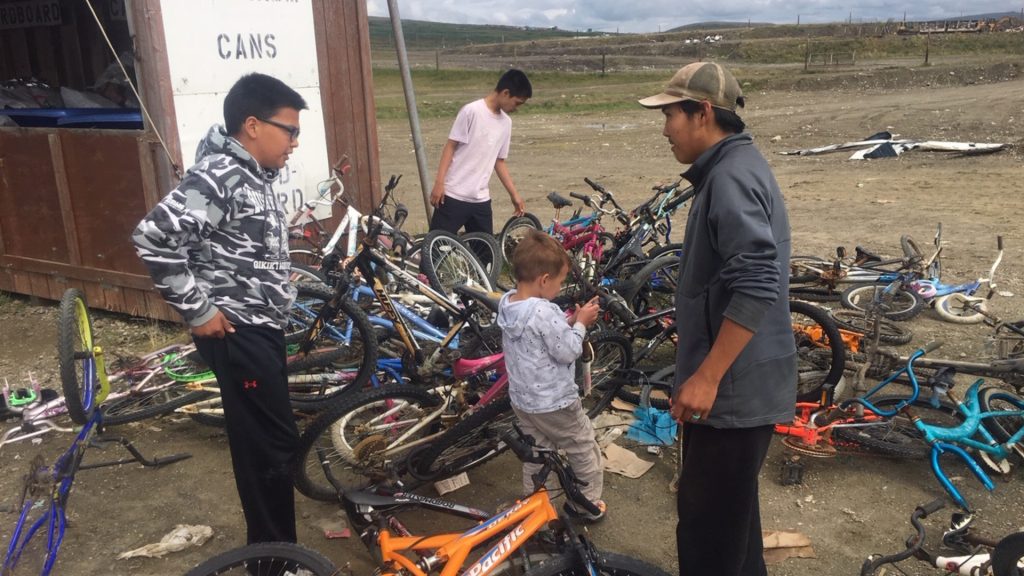
The shop has created a service opportunity for Checkpoint’s youth and helps them recapture a sense of place within their community. “Whether the person they just helped is a complete stranger or their little cousin,” says Ventress, “they can feel proud that they helped make someone’s day.”
Working on bikes has also created opportunities to share the gospel. “When you’re going to the dump or at the store to get parts to fix up a bike, restoring something that’s broken, it naturally opens up conversations about how God restores broken situations,” Ventress says.
He says this message of restoration is particularly resonant in their community. Many Checkpoint youth grew up in single-parent homes or the foster care system and have encountered other adverse childhood experiences. For many of them, Checkpoint literally serves as a second home.
The bike shop recently obtained second and third shipping containers, which will triple their space. Ventress plans to add insulation to the containers’ walls so they can work on bikes and other mechanical projects through the winter months.
“My hope is that the shop becomes better for healing broken people than fixing broken bicycles,” Ventress says. “I won’t mind having the worst bike shop in North America if it is a place where someone feels safe talking about the hard things that have happened in their life and gains hope while learning new skills and gaining confidence with them.”


